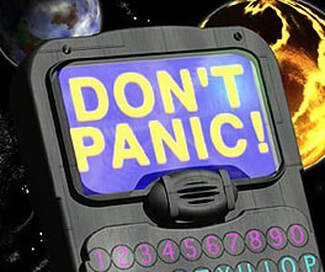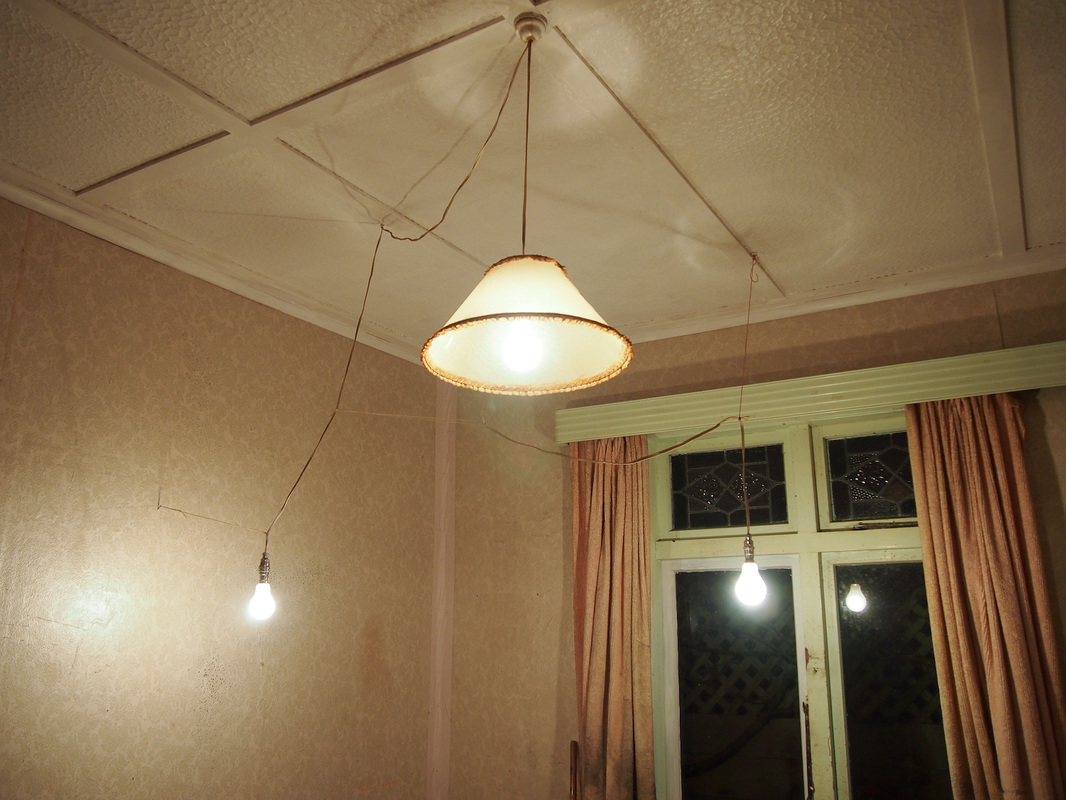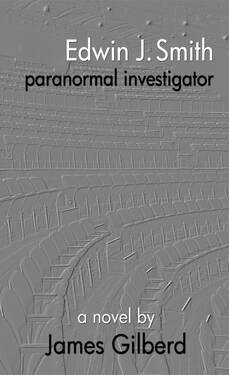What to do if you see a ghost or witness a paranormal event
|
Seven steps to follow if you experience something paranormal:
See below for a breakdown of each of these seven steps, but please read the Disclaimer notice first.
IMPORTANT: If your need is urgent and you are in distress you should NOT be contacting a paranormal group, or a psychic/medium! NZSOS are not trained professional responders but we are concerned for your personal safety. Please consider these options (which apply if you live anywhere in New Zealand):
Disclaimer notice In the field of the paranormal, nothing is known for certain. With respect to other cultures and viewpoints, we don't know for sure that there is such a thing as a ghost, a spirit, or a demon. Please read our Disclaimer and Safety Issues page, particularly the Safety Issues section, before considering acting on the following advice. |
|
7 steps to follow if you see a ghost or experience something else paranormal - in more detail: 1. As it says on the cover of "The Hitchhiker's Guide to the Galaxy", Don't panic! Ghosts probably can't hurt you. But turning and fleeing, tripping and falling downstairs (or something similar) is a far more common type of ghost-related injury! 2. Consider the safety of yourself and others first. Was that a ghost, or do you actually have a human intruder? To repeat: ghosts or other paranormal entities probably can't hurt you, people most certainly can. If you sense danger from any quarter - human or spiritual - get out and to safety without delay, then get help. Also, exploring on your own at night can be hazardous, especially in unfamiliar surroundings.
Also, be aware of the dangers of carbon monoxide, a very poisonous gas that is odorless and invisible. Does your home have a potential gas leak from a cooker, a fireplace or heating system, or another source? Symptoms of mild acute carbon monoxide poisoning include dizziness, confusion, headaches and vertigo - effects that can also be associated with paranormal activity. Carbon monoxide detection devices are cheaply available but you may need a qualified inspector to ensure there is no danger. 3. Once safety has been established, check for natural causes for the phenomenon. It is best if you do not do this alone: get someone to help. Some common things mistaken for paranormal events are: - Animals, for example; possums, rodents, birds, cats or hedgehogs. They can be surprisingly loud at night - Someone playing a joke or creating a hoax - Buildings creaking as they cool down at night, which is due to construction materials shrinking - Plumbing noises or faults, and electrical wiring faults (in which case call an electrician right away) - Reflections of car headlights or other sources of light, still or moving, natural or man-made - Wind blowing loose windows, roofing materials, tree branches, etc. Drafts slamming doors - Just being in an unfamiliar or new house at night - every building has its natural peculiarities - State of mind: tiredness, grief, stress, emotional upset, sleep deprivation, effects of medications and other drugs - Seeing movement in your peripheral vision, or when you stare at something, especially when it's dark. (This is the way normal human vision works.) 4. Make notes. This is very important, and you should do it before discussing your experience with anyone. Write down in detail: - The location, time, and date of the event - All you can remember about the event itself - What happened beforehand, leading up to the event - relevant background material - What happened after, your feelings, other people's reactions - Weather conditions, and other external things (activity outdoors, road maintenance work, neighbourhood party) - Names and contact details of whoever was present, even if they didn't witness the event - Whether alcohol or other drugs had been consumed - Measurements or position of any objects that moved, other physical signs of the event - Anything else you can think of that might be relevant or useful later - Ask others to make their own notes, but don't discuss what happened as this will affect people's recollection of events. 5. If you had the presence of mind and the good luck to take photos or video during the event - well done! - But if you didn't quite manage to, don't kick yourself; it's very hard to do. At least you can take lots of photos afterwards. Record the site of the event thoroughly, from all angles - When shooting video try to take nice clean, steady shots. Don't wave the camera about or zoom in and out excessively - If any objects were moved or altered during the occurrence, (for example, a picture falling off the wall), leave them as found and and make sure nobody else touches them until an investigation takes place (but remove broken glass if hazardous). If you can't leave things in situ, at least photograph them and mark or measure their positions. - And don't forget to back up your data. Copying files to a free cloud storage service such as DropBox is a good idea. 6. Contact the Strange Occurrences team as soon as possible, or another investigation team in your area. The sooner the better, as your memory of the event will be fresh and the site may still contain evidence of the phenomenon. 7. After the event and any paranormal investigation, keep taking notes, photographs and other records of any further unexplained events that occur. Keep a diary. We're always happy to do a follow up investigation. |



